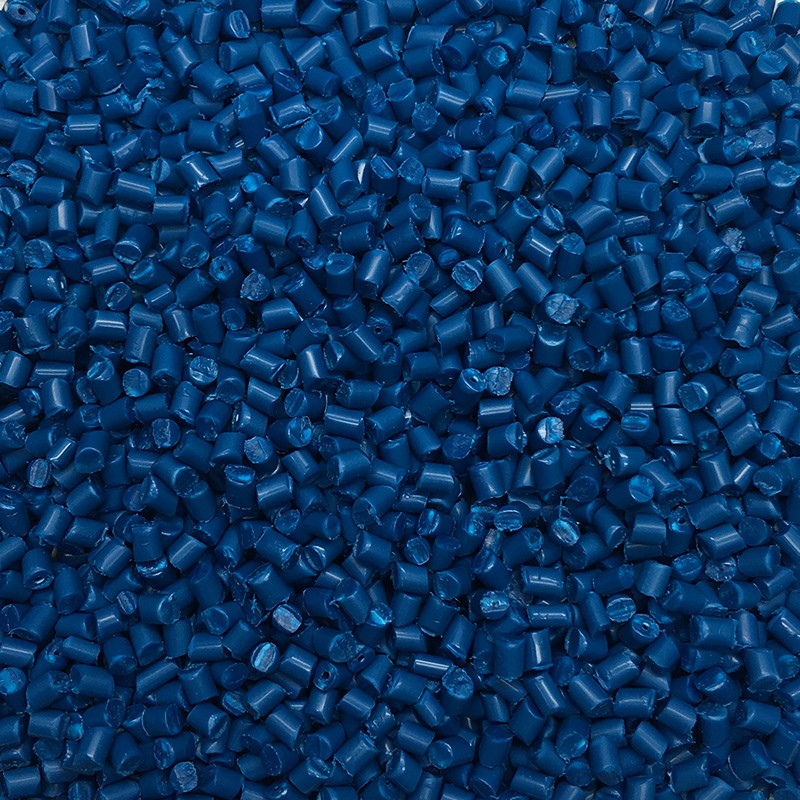How to select materials for Jiangmen engineering plastic products
1. General structural materials
Engineering plastics as general structural materials mainly include ABS, polyamide, POM, polycarbonate, modified polyphenylene oxide, etc. General structural materials are generally used as general structural parts such as shells, containers, pipe fittings, handles, pipe joints and various fasteners. Such parts are not required to accept large loads, but they are required to have good impact strength, hardness and dimensional stability. The working temperature of these parts is generally not high, so the requirements for heat resistance are not high.
2. Transmission structure materials
Engineering plastics as transmission structure materials mainly include nylon 6, nylon 66, MC nylon, POM, polycarbonate, modified polyphenylene oxide, glass fiber reinforced pet, glass fiber reinforced PBT, and polyethylene.
Transmission structure parts can be divided into transmission parts and conflict transmission parts. The former includes gears, racks, sprockets, worm gears, etc., while the latter includes bearings, extraction sleeves, sliding rods, pulleys, etc. They are widely used in the appearance of various machines and instruments.
Transmission structure parts are subject to certain loads and collision forces during use. It is necessary to have high strength and rigidity, as well as good wear resistance and heat resistance.
The above engineering plastics are ideal materials for making transmission structure parts. They not only have the strength, rigidity and heat resistance to meet the requirements, but also have low conflict factor and high transmission efficiency. They can work under the condition of no or less smooth, with small relative density, and can reduce the weight of transmission parts and reduce the starting inertia.
3. Corrosion resistant materials

Engineering plastics as corrosion-resistant materials are generally used as equipment, appearance and various parts of the chemical industry sector, such as reactors, agitators, storage tanks, valves, seals, pipe fittings, external shells, etc. it is necessary for corrosion-resistant materials to have the ability to resist various acids, alkalis, oxygenates and organic solvents. Engineering plastics used as corrosion-resistant materials should have excellent chemical stability, good mechanical properties and heat resistance, And the price is lower than that of stainless steel, precious metals and other metal corrosion-resistant materials.
4. Electrical insulation materials
Engineering plastics as electrical insulation materials mainly include polycarbonate, PBT, polyimide, etc. Electrical insulation materials shall have excellent electrical insulation at low frequency to medium frequency, high strength and impact resistance, excellent dimensional stability, good heat resistance and fatigue resistance.
5. Transparent materials
Engineering plastics as Tongming materials mainly include polycarbonate, Tongming ABS, as, PS, PMMA, etc. Tongming materials are required to have high transmittance, ground turbidity, impact and oscillation resistance, not easy to break, certain twists and turns, high tensile strength, and good molding processing and secondary molding.
6. Heat resistant materials
As heat-resistant materials, engineering plastics mainly include polyimide, nylon, etc. heat-resistant materials not only require high heat resistance, but also have high strength and rigidity, as well as excellent dimensional stability.
This article is from Jiangmen Engineering Plastics:http://www.wywantong.com/
-
04-13
PVC Engineering Plastics: how PVC plastic pipes are formed
The forming process of PVC plastic pipes should start from the raw materials of PVC plastic granules, which can be divided into soft PVC and hard PVC according to the added amount of stabilizer, plast
-
11-12
What is the filling property of Jiangmen engineering plastics
What is the filling property of Jiangmen engineering plasticsIn recent years, PC modified plastics have developed rapidly in China, and its industrial system is gradually established and improved. Th
-
10-08
Jiangmen Engineering Plastics: how to classify Jiangmen engineering plastics?
How to classify Jiangmen engineering plastics? 1. Classification by application characteristicsAccording to the different application characteristics of famous plastics, plastics are usually divided
-
08-30
Application scope of PBT engineering plastics
PBT engineering plastics are widely used in electronics, car industry, office machinery and other fields. In Japan and the developed countries in Europe, PBT engineering plastics are mainly used in t